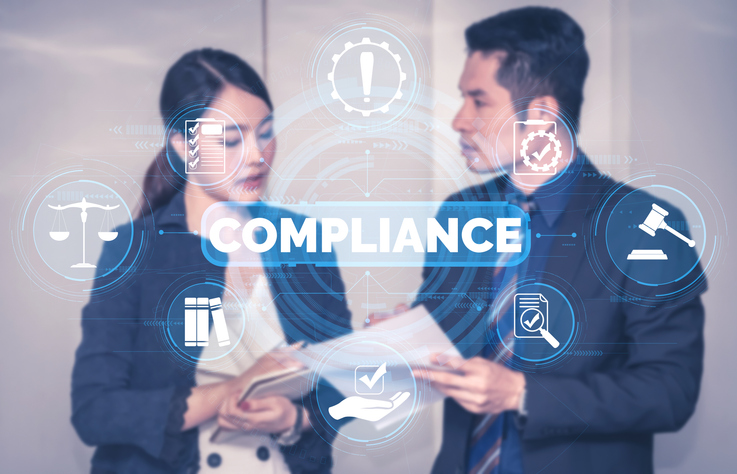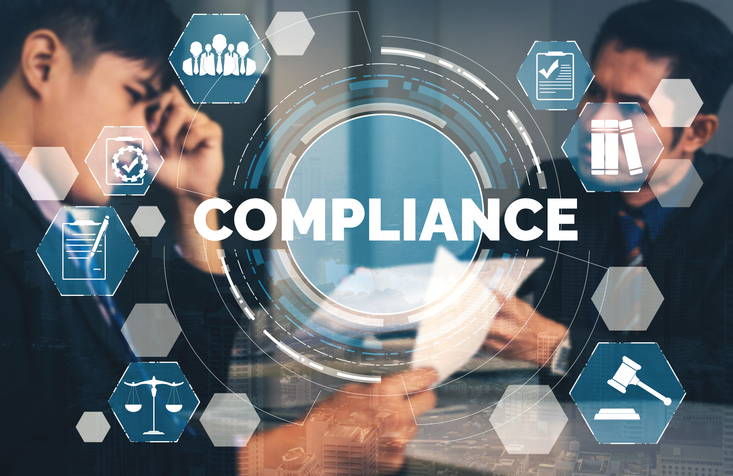Money laundering charges can have devastating consequences for businesses, leading to financial penalties, reputational damage, and even criminal liability. As global financial regulations tighten, organizations must be proactive in implementing robust anti-money laundering (AML) measures to mitigate risk. Understanding how money laundering works and recognizing the red flags can help businesses stay compliant and avoid potential legal trouble.
What Is Money Laundering?
Money laundering is the process of disguising illegally obtained funds to make them appear legitimate. This financial crime often involves a series of transactions designed to obscure the origins of illicit money. Common money laundering schemes include shell companies, offshore accounts, trade-based laundering, and cryptocurrency transactions.
Regulatory bodies such as the Financial Action Task Force (FATF), the U.S. Department of the Treasury’s Financial Crimes Enforcement Network (FinCEN), and the Office of Foreign Assets Control (OFAC) enforce strict compliance measures to prevent financial crimes. Failure to comply with these regulations can result in severe money laundering charges and significant legal repercussions.
Key Red Flags
Businesses must stay vigilant in detecting suspicious activities that could indicate money laundering. Some common red flags include:
- Large cash transactions with no clear business justification
- Multiple transactions just below reporting thresholds
- Unusual wire transfers to high-risk jurisdictions
- Complex ownership structures that obscure the source of funds
- Transactions involving politically exposed persons (PEPs)
By recognizing these warning signs, companies can take proactive steps to strengthen their AML compliance programs.
Consequences of Money Laundering Charges
Being implicated in money laundering can lead to severe consequences, including:
- Financial Penalties: Businesses and individuals found guilty of money laundering can face hefty fines imposed by regulatory authorities.
- Criminal Liability: Involvement in money laundering can result in criminal charges, leading to imprisonment for those responsible.
- Reputational Damage: Even an allegation of money laundering can severely impact a company’s reputation, leading to loss of trust from clients, investors, and regulators.
- Regulatory Scrutiny: Companies with inadequate AML controls may face increased regulatory scrutiny, making it harder to operate in the financial sector.
Best Practices to Avoid Money Laundering Risks
Organizations can take several measures to minimize their exposure to money laundering risks:
- Implement Strong AML Policies: Develop and enforce comprehensive AML policies that align with global compliance standards.
- Conduct Regular Risk Assessments: Identify vulnerabilities and strengthen internal controls to detect suspicious transactions.
- Train Employees: Educate employees on money laundering risks, red flags, and reporting obligations to ensure compliance.
- Use Technology for AML Compliance: Leverage advanced analytics and AI-driven monitoring systems to detect and prevent illicit financial activities.
- Perform Due Diligence: Conduct thorough background checks on clients, business partners, and transactions to verify legitimacy.
The Role of Compliance Training
A strong compliance culture starts with employee training. By providing regular AML training, businesses can ensure that employees understand their roles in preventing financial crimes. Training programs should cover key topics such as suspicious activity reporting (SAR), customer due diligence (CDD), and Know Your Customer (KYC) procedures.
Conclusion
Money laundering charges can have far-reaching implications for businesses, making it crucial to prioritize AML compliance. By recognizing red flags, enforcing strong internal controls, and investing in employee training, organizations can safeguard themselves against financial crime. Staying compliant with evolving regulations not only protects businesses from legal trouble but also reinforces a culture of integrity and ethical business practices.








